Boost Your Insulation Bids – Request a Precision Estimate!
- Accurancy
- Efficiency
- Transparency
- Customization
- Time Saving
- Professionalism
- Cost Control
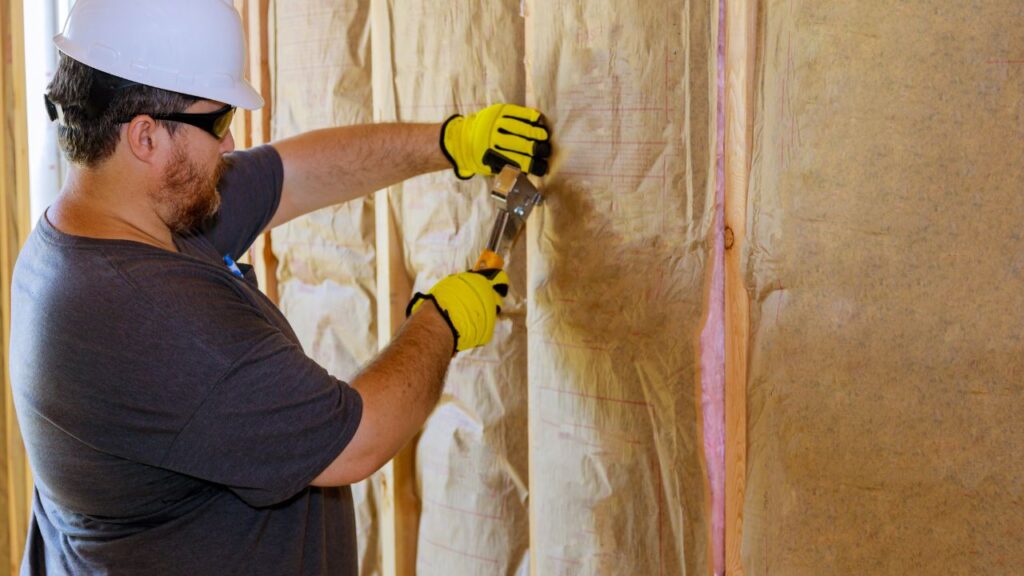
Amidst the growing incidence of extreme weather events intensified by the effects of climate change and the rising frequency of power outages stemming from overburdened electrical grids, the importance of maintaining a comfortable indoor temperature has reached unprecedented levels. In this challenging environment, insulation emerges as a foundational element crucial to the comprehensive winterization of your home. The installation or replacement of insulation within the structural framework of your residence assumes a pivotal role in fortifying its defenses against the adverse impacts of external climatic conditions.
The expenses associated with home insulation can fluctuate significantly based on various factors, such as the selected insulation type and material, the specific location within your home, whether it involves a new or existing structure, and the prevailing labor costs in your region.
Costs are derived from a house with an area of 2,000 square feet.
Typically, the average expense for home insulation falls within the range of $3,800 to $12,000 for a 2,000 square foot home,
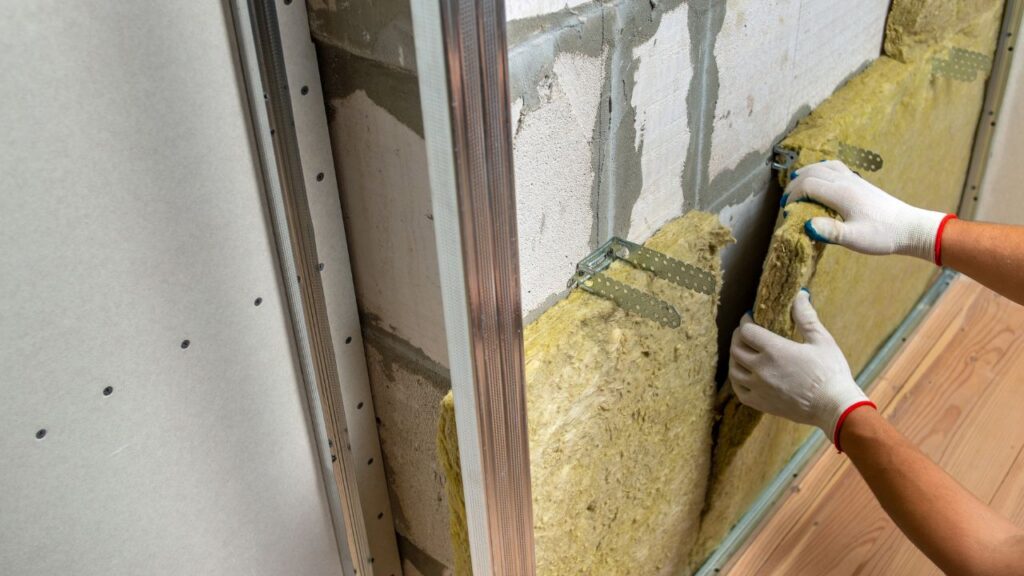
translating to a cost of approximately $2.00 to $7.00 per square foot. In essence, this upfront cost has the potential to yield returns in just a few years through the resulting energy savings.

Fully Insured Licensed Hire a Contractor For Garage
Hire Contractor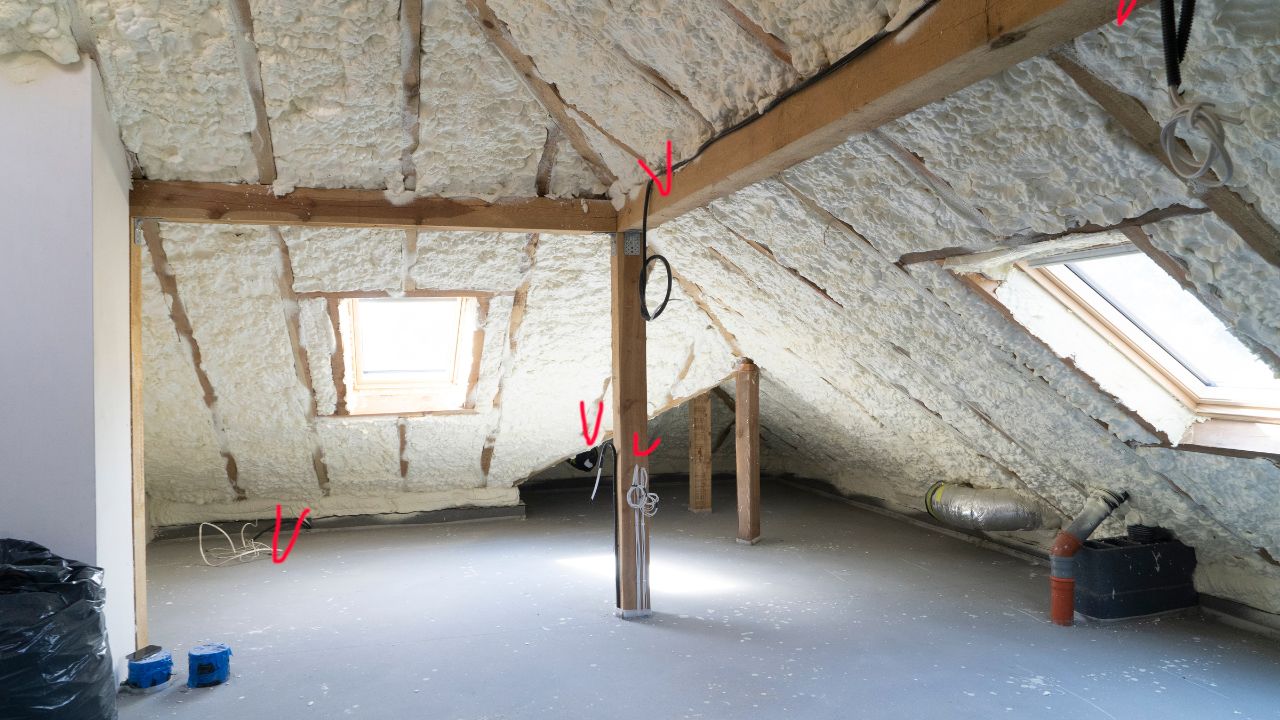
Make Informed Design Decisions Showcase Your Design Ideas
Get RenderingType of Insulation | Description |
Fiberglass | Composed of fine glass fibers; commonly used in batts or rolls. Provides effective insulation. |
Cellulose | Made from recycled paper treated with flame retardants; blown into spaces as loose-fill insulation. |
Spray Foam | Expanding foam that seals gaps and provides excellent insulation; can be sprayed into walls. |
Polyurethane Foam | A rigid foam board insulation that offers high thermal resistance; commonly used in walls. |
Mineral Wool | Made from rock or slag; available as batts, rolls, or loose-fill insulation. |
Reflective Foil | Consists of reflective material, often aluminum foil, to reflect radiant heat; installed in attics. |
Radiant Barrier | A reflective material that reduces radiant heat transfer, usually installed in attics or roofs. |
Rigid Board | Boards made from materials like fiberglass or foam; used for specific applications in walls, roofs, or floors. |
The size and type of your property are integral factors influencing the overall cost of external wall insulation. Larger homes, with expansive wall surfaces, inherently require more insulation materials and labor hours, leading to increased costs. Moreover, the structural type of the property, whether it is a single-family home, a multi-story dwelling, or a commercial building, introduces unique challenges and considerations in the insulation process. The complexity of the property’s architecture and layout contributes to the variability in costs, as different structures require tailored approaches to ensure effective insulation.
The choice of insulation materials is a critical determinant of the overall cost and performance of external wall insulation. The market offers a spectrum of materials, ranging from traditional fiberglass and cellulose to more advanced options like spray foam and rigid boards. The quality and energy efficiency of these materials vary, influencing both initial costs and long-term savings. Investing in high-quality, energy-efficient materials may incur a higher upfront cost but can result in substantial returns through improved insulation effectiveness and energy conservation over time.
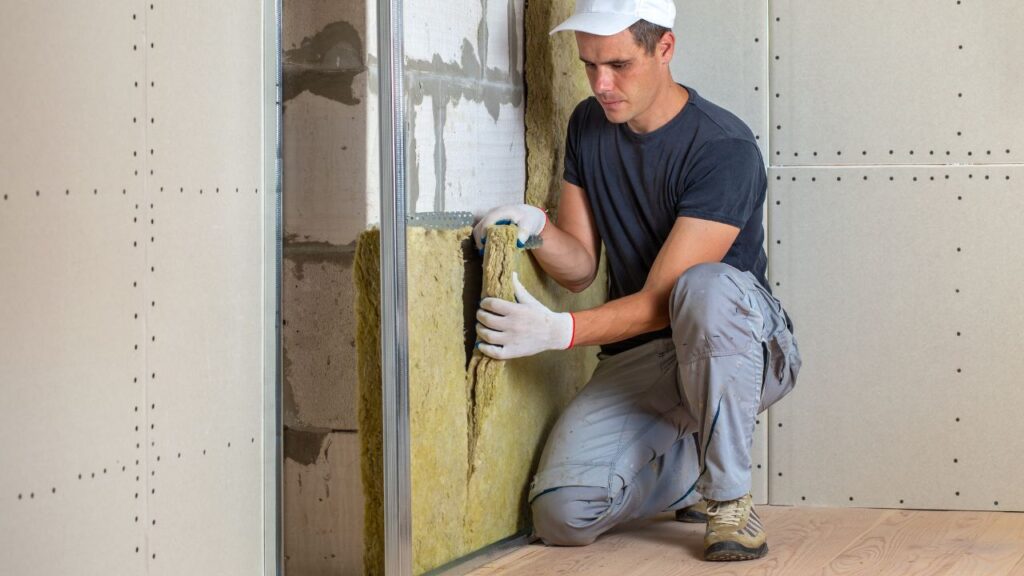
Determining the optimal thickness of the insulation layer is a crucial consideration in external wall insulation projects. While thicker insulation generally enhances thermal efficiency and energy conservation, it is essential to strike a balance to avoid unnecessary expenses. The decision on insulation thickness involves careful assessment of the specific thermal needs of the property and local climate conditions, ensuring that the chosen thickness aligns with both energy-saving goals and budget constraints.

The condition of existing walls and the necessary preparation work significantly impact the overall costs of external wall insulation. Structural issues, such as cracks, leaks, or rot, may require remediation before the insulation process can commence. Additionally, addressing issues like dampness or mold demands meticulous preparation to ensure a durable and effective insulation application. The extent of preparatory work directly influences both labor and material costs, making a thorough assessment and necessary repairs crucial aspects of project planning.
The accessibility of various areas on the property introduces a layer of complexity in the external wall insulation process. Challenges in reaching specific sections due to neighboring structures, landscaping, or architectural intricacies may result in increased labor costs. Overcoming these access challenges often requires specialized equipment or techniques, contributing to the overall project expenses. Addressing accessibility issues effectively is paramount to ensuring a comprehensive and uniform insulation application across all areas of the property.
Homes adorned with intricate architectural features add another dimension of complexity to external wall insulation projects. Elements such as bay windows, ornate facades, or uniquely shaped exteriors demand customized insulation solutions. The intricacy introduced by these architectural features requires specialized detailing and adjustments, influencing both material and labor costs. Adapting insulation techniques to preserve the aesthetic integrity of the property while ensuring optimal energy efficiency becomes a meticulous and nuanced aspect of the overall project.
The external finish and aesthetics of the insulated walls contribute significantly to the overall project cost. Opting for premium finishes, decorative coatings, or textured surfaces enhances the visual appeal of the property but also adds an additional layer of expenditure. Homeowners must carefully balance their aesthetic preferences with budget considerations, choosing finishes that align with the property’s style while remaining mindful of the financial implications. The selection of finishes not only impacts the immediate visual appeal but also plays a role in the long-term durability and maintenance requirements of the external wall insulation.
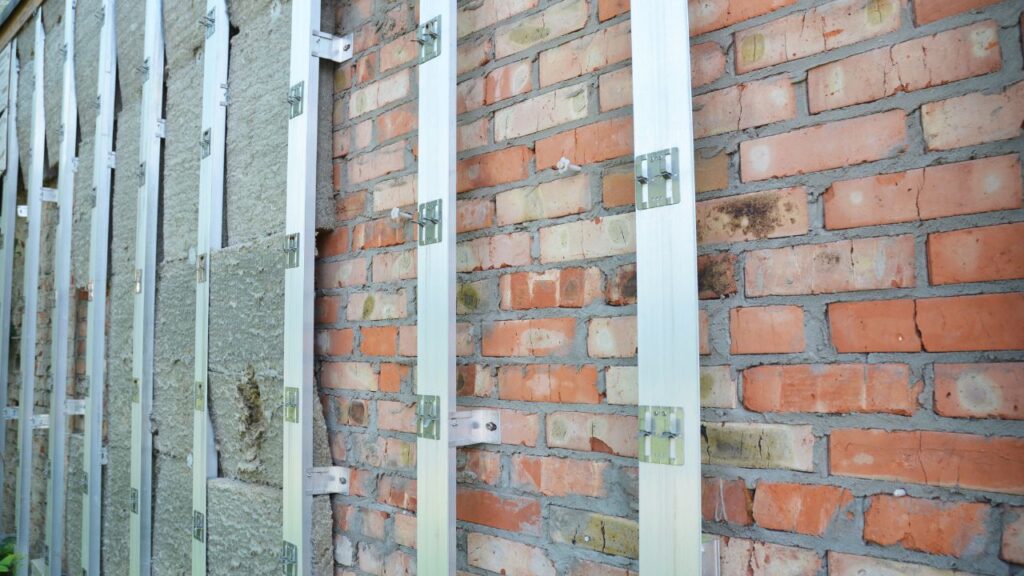
Selecting the right contractor is a cornerstone of a successful external wall insulation project. Experienced and reputable contractors may command higher fees, but their expertise ensures a professional and compliant installation. The contractor’s knowledge of local building codes, insulation techniques, and quality assurance practices contributes to the overall reliability of the project. Investing in a reputable contractor not only guarantees the effective execution of the insulation process but also provides assurance of long-term benefits, including enhanced insulation performance, energy savings, and the overall sustainability of the property. The expertise and quality of workmanship brought by a seasoned contractor contribute to the enduring value and comfort of a well-insulated home.

Fully Insured Licensed Hire a Contractor For Garage
Hire Contractor
Make Informed Design Decisions Showcase Your Design Ideas
Get RenderingIn summary, the cost of external wall insulation is influenced by factors like property size, chosen materials, insulation thickness, and architectural features. Despite an initial investment ranging from $3,800 to $12,000 for a 2,000 square foot home, the potential for long-term energy savings makes it a financially prudent choice. The type of insulation, ranging from fiberglass to reflective foil, provides diverse options to meet specific needs. Factors like preparation work, access challenges, and aesthetic finishes contribute to the overall costs. Choosing a reputable contractor, though possibly more expensive, ensures quality and adherence to building codes. Ultimately, the investment in external wall insulation is a proactive measure toward creating energy-efficient, resilient, and comfortable homes in the face of changing climate dynamics.
External wall insulation involves adding a layer of insulation material to the exterior walls of a building to improve its energy efficiency. It is essential for maintaining a comfortable indoor temperature, reducing energy consumption, and safeguarding the structure against adverse climatic conditions.
The average cost of external wall insulation ranges from $3,800 to $12,000 for a 2,000 square foot home. The cost may vary based on factors such as property size, materials used, and the complexity of the project.
Several factors affect the cost, including property size and type, choice of insulation materials, insulation thickness, preparation work needed, access challenges, architectural features, finish and aesthetics, and the selection of a contractor.
Insulation helps regulate indoor temperatures by preventing heat loss in winter and heat gain in summer. This results in reduced reliance on heating and cooling systems, leading to lower energy bills over time.
Yes, external wall insulation can be applied to various property types, including single-family homes, multi-story dwellings, and commercial buildings. The approach may vary based on the specific structural characteristics of each property.
Common insulation materials include fiberglass, cellulose, spray foam, polyurethane foam, mineral wool, reflective foil, radiant barrier, and rigid boards. Each material has unique properties suited to specific applications.
Yes, despite the upfront costs, investing in external wall insulation can prove financially beneficial in the long run through reduced electrical bills. The potential for energy savings and increased comfort makes it a worthwhile investment.
Selecting a reputable contractor is crucial. Consider factors such as experience, expertise, adherence to building codes, and quality assurance practices. While reputable contractors may charge higher fees, their expertise ensures a professional and effective insulation installation.
Yes, homes with intricate architectural features may require customized insulation solutions. The complexity introduced by features like bay windows or ornate facades influences material and labor costs, emphasizing the need for tailored approaches.
External wall insulation enhances a property’s sustainability by improving energy efficiency, reducing carbon emissions, and providing a comfortable living environment. The investment in insulation contributes to the overall resilience and longevity of the property in the face of changing climate dynamics.
Here I am going to share some steps to get your External Wall Insulation Cost Estimating report.
You can send us your plan on info@estimatorflorida.com
Before starting your project, we send you a quote for your service. That quote will have detailed information about your project. Here you will get information about the size, difficulty, complexity and bid date when determining pricing.
Our team will takeoff and estimate your project. When we deliver you’ll receive a PDF and an Excel file of your estimate. We can also offer construction lead generation services for the jobs you’d like to pursue further.



561-530-2845
info@estimatorflorida.com
Address
5245 Wiles Rd Apt 3-102 St. Pete Beach, FL 33073 United States
561-530-2845
info@estimatorflorida.com
Address
5245 Wiles Rd Apt 3-102 St. Pete Beach, FL 33073 United States
All copyright © Reserved | Designed By V Marketing Media | Disclaimer